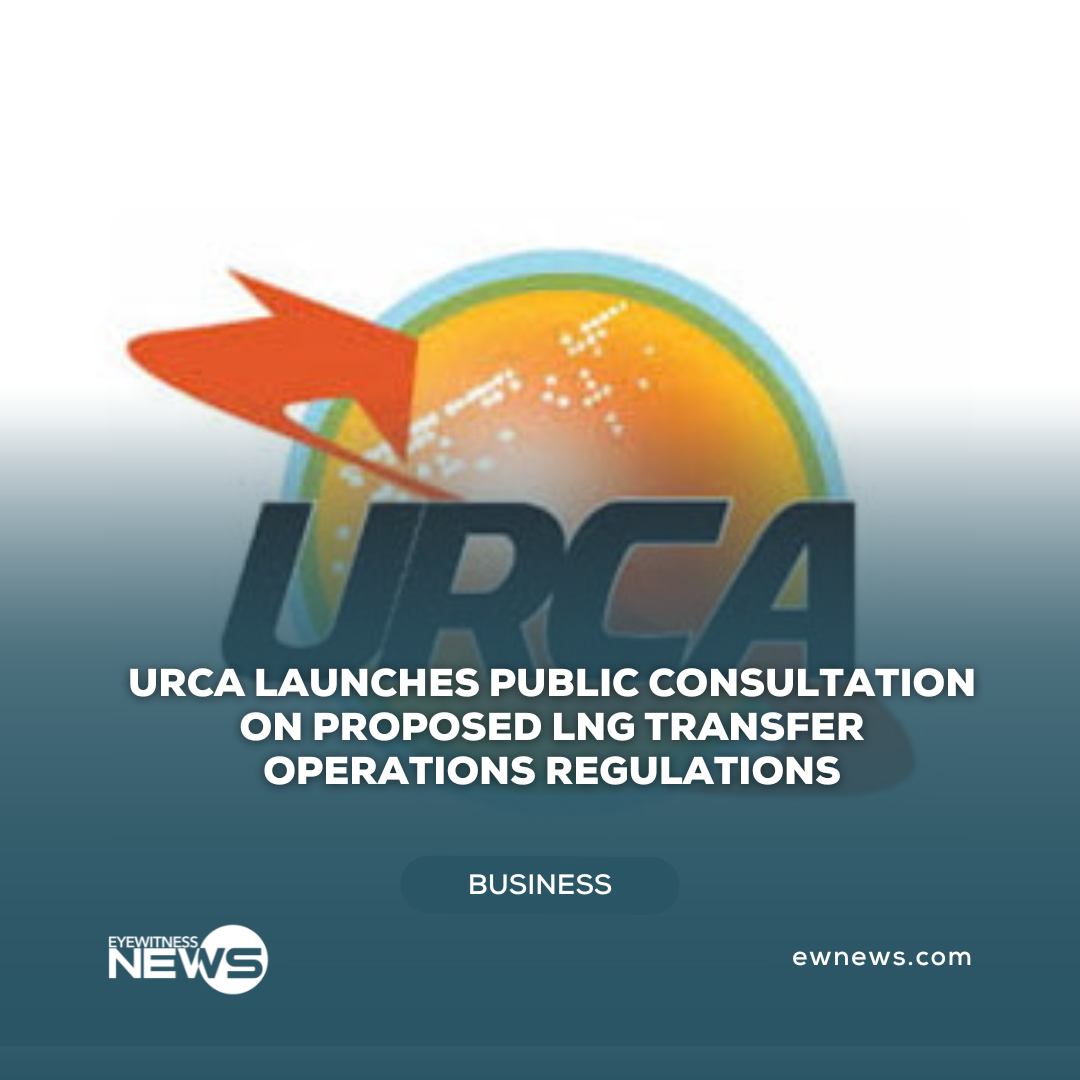NASSAU, BAHAMAS- The Utilities Regulation and Competition Authority (URCA) has launched a public consultation on the proposed Liquefied Natural Gas (LNG) Transfer Operations Regulations, a significant step in the development of the country’s natural gas sector.
The proposed regulations aim to replace URCA’s existing Ship-to-Ship Handling Operations Regulations, expanding and clarifying the regulatory framework for LNG transfer operations in Bahamian waters. This includes both “lightering” (bulk LNG transfers) and “bunkering” (LNG as marine fuel). The draft regulations aim to improve operational transparency, strengthen safety protocols, and provide a more streamlined process for registering LNG transfer service providers.
Additionally, the regulations outline proposed fees for LNG transfer activities and establish a process for annual fee reviews and adjustments. They also introduce standardized forms and processes for registration to enhance accountability and ensure operators meet necessary standards.
This initiative follows the enactment of the Natural Gas Act in 2024, which designated URCA as the sector regulator responsible for licensing, oversight, and regulation of LNG activities in The Bahamas.
The proposed changes are part of URCA’s broader goal of establishing a strong regulatory framework that encourages investment while ensuring reliable, low-emission energy alternatives.
URCA invites licensees, stakeholders, and the public to provide feedback on the draft regulations. The aim is to enhance regulatory clarity, reflect international best practices, and support the safe and sustainable growth of LNG operations in The Bahamas. The public consultation period runs from March 28 to April 28, 2025.
To guide the stakeholders’ review of the draft regulatory documents, URCA has provided an overview of the proposed regulation.
The Liquefied Natural Gas Transfer Operations Regulations proposes to repeal and replace the Natural Gas Ship-to-Ship Handling Operations Regulation (NGS 15/2024). As with the current regulation, the draft Liquefied Natural Gas Transfer Operations Regulation is based on international regulations and codes, particularly the US Code of Federal Regulations. It also incorporates international standards such as the Ship-to-Ship Transfer Guide for Petroleum, Chemicals and Liquefied Gases, ISO 20519:2021, and the IGC Code.
The objective of the new regulations is to ensure the safe transfer of LNG in Bahamian waters. Unlike previous operations, which only addressed ship-to-ship transfers, the new regulations also cover bulk LNG transfers (lightering) and LNG transfers for fuel purposes (bunkering). This distinction introduces clearer guidelines and requirements tailored to each type of operation, improving transparency and regulatory certainty.
Additionally, the regulations introduce more comprehensive safety protocols for both lightering and bunkering, ensuring these critical operations are conducted safely. Protocols that were previously referenced but not applicable to natural gas operations have been removed, making the regulations more focused and relevant.
The draft regulations also outline the fees for LNG transfer activities, ensuring transparency. The proposed mechanism for annual fee adjustments, as outlined in URCA’s fee schedule, allows for a flexible and fair fee structure that adapts to operational costs.
Furthermore, new forms and processes for registering LNG transfer service providers aim to standardize and streamline the registration process. These changes are designed to ensure operators meet regulatory standards and improve oversight, which will enhance the overall consistency and safety of LNG transfer operations.
These proposed changes aim to create a safer, clearer, and more efficient regulatory environment for LNG transfer operations. URCA invites stakeholders to review the draft regulations and provide feedback to ensure the final version addresses the needs of the industry while promoting the safety and sustainability of LNG operations.






